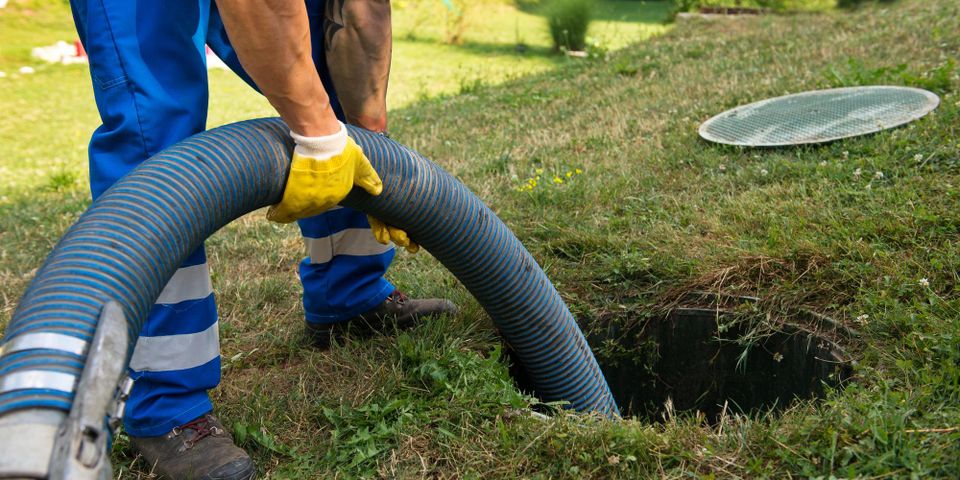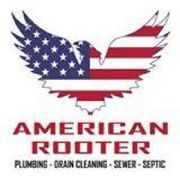3 Factors That Impact Septic Service Needs

The average home with a septic tank requires pumping every three years to prevent backflow and to keep the plumbing functional. This rule doesn’t apply to every household, however, as several factors can affect how often septic service is needed. Consider how the following applies to your home, so you establish an appropriate schedule.
What Affects Septic Pumping Needs?
1. Family Size
Generally, the more people using your septic system, the more often it will need to be pumped. A family of four is usually fine with septic service every three to five years.
However, keep in mind that septic tanks treat all water that goes down the drain, not just toilet waste. As such, a family of four that isn’t home often won’t contribute as much as one that is. However, if they wash clothes and dishes, and clean frequently, their tank will become full faster.
2. Tank Size
The tank size also affects septic pumping frequency. A family with a small 500-gallon tank will need to pump it more frequently than a home with a 1,000-gallon tank. If you aren’t certain how large your tank is, ask the septic service professional to inform you during your next inspection.
3. Waste Contents
 Consider what you flush on an everyday basis. All tainted wastewater will deposit scum, sludge, and other particles in the tank. If you use a garbage disposal or frequently pour grease and other food items down the drain, you may be clogging the pipes and risking damage. Not only will you need to schedule your next pumping sooner, but you may also have further issues that require plumbing repairs.
Consider what you flush on an everyday basis. All tainted wastewater will deposit scum, sludge, and other particles in the tank. If you use a garbage disposal or frequently pour grease and other food items down the drain, you may be clogging the pipes and risking damage. Not only will you need to schedule your next pumping sooner, but you may also have further issues that require plumbing repairs.
If these solids can’t be broken down, they’ll be forced into the drain field adjacent to your septic tank. There, they can interfere with aeration and damage the soil, which will cause treatment problems and may contribute to backflow.
Ready to schedule a pumping? American Rooter Sewer & Septic Service of Albany, OR, provides comprehensive septic services to residential, commercial, and industrial clients. Their 24/7 emergency response team uses cutting-edge tools to tackle plumbing problems, including drain clogs. Call (541) 926-1185 to schedule an inspection, and explore their services further on their website.
About the Business
(1 reviews)
Have a question? Ask the experts!
Send your question

